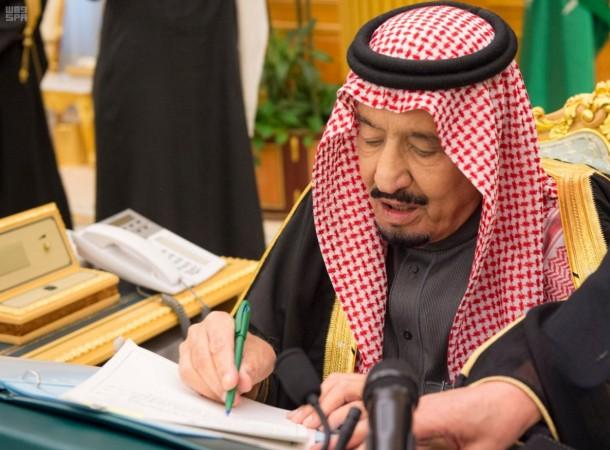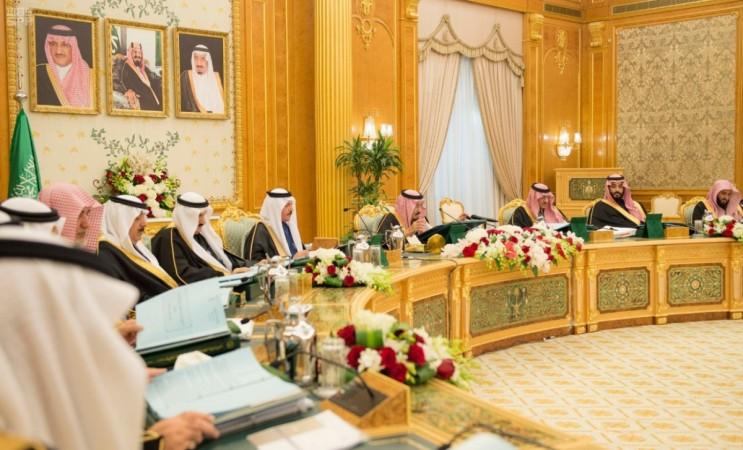
Saudi Arabia unveiled its budget for 2017 last week and it's not good news for companies and expatriates (migrant workers), notwithstanding the OPEC oil output deal. Indians can easily see shades of "swadeshi" and it's going to hurt approximately 3 million of them living in the kingdom, the overall expats are estimated at 11.6 million.
Saudi oil minister Khalid al-Falih delivers mild shocker to India
The country hopes to earn 46 percent more in oil revenues in 2017 at Saudi Arabian Riyal (SAR) 480 billion, with non-oil revenues expected to come at SAR212 billion, but there is nothing for expats to cheer about.
[SAR100=$26.65]; [SAR100=Rs 1,815]
Companies employing expats could end up paying a monthly fee of SAR300-400 per non-Saudi employee by 2018 (which would increase to SAR700-800 per employee by 2020).
As for expats, they will have to individually pay SAR100 every month for each of his/her dependents starting from next year; this also will be raised in a calibrated manner to hit SAR400 per dependent, by 2020.
The move is being seen as "Saudisation" of the country, a concept that resonates with "son of the soil" concept in India, or, to put it differently, indirect reservation that puts expats at a disadvantageous position.
Final figures for 2016 and estimates for Budget 2017
Saudi Arabia said that it ended 2016 on a slightly better note, with the budget deficit contracting to SAR297 billion (about $79 billion) as against $326 billion envisaged earlier. Revenues and expenses stood at SAR528 billion and SAR825 billion, respectively, in 2016.
The country plans to spend SAR890 billion in 2017, leaving behind a deficit of SAR198 billion, 33 percent lower from that posted in 2016.
















